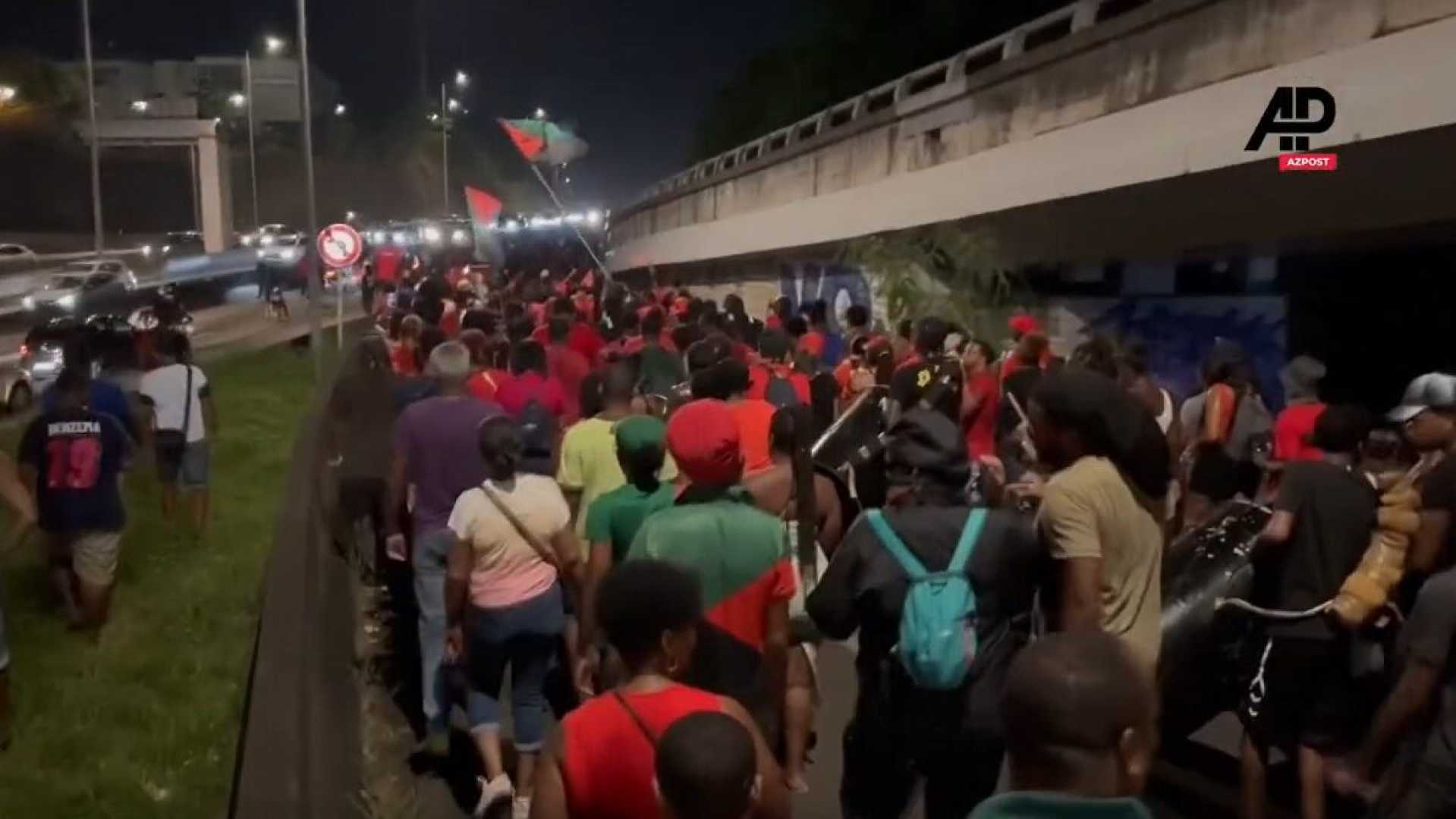News
Protests Against Rising Costs in Martinique: An Overview

A significant wave of protests erupted in Martinique, a French territory in the Caribbean, beginning September 1, 2024, advocating against the rising cost of living. Despite recent agreements, the continuation of these protests remains uncertain. On October 16, a critical agreement was reached between major retailers, local government officials, and the French state, aiming to reduce prices by a 20% average on 6,000 food products on the island. However, this decision has not pacified the Rassemblement pour la protection des peuples et des ressources afro-caribéennes (RPPRAC), the group that initially sparked the protests. They demand price alignment with mainland France.
Violence and disruption marked the early days of the protest. Initial tensions flared in Fort-de-France in the night from September 2 to 3, resulting in six police officers sustaining minor injuries from firearms and thrown projectiles. The RPPRAC also briefly blockaded the Grand Port Maritime de Martinique. These actions are part of a larger demand for reducing food costs to match those in metropolitan France.
Government response included organizing discussions between retailers and protesters. Jean-Christophe Bouvier, the Prefect of Martinique, hosted a preliminary round table on September 5. Despite these efforts, violence persisted with further disturbances, including roadblocks and attacks on public infrastructure, especially around September 13. Acts included targeting the Fort-de-France police station with gunfire and an incident on September 17 where six officers were injured by gunshot pellets. Additionally, local businesses such as a McDonald's and a Carrefour hypermarket were overrun by protesters.
A curfew was imposed on September 18 in the areas of Fort-de-France most affected by the unrest. Protests continued to escalate, prompting a partial ban on demonstrations issued by the Prefect on September 20. Subsequently, the elite CRS 8 unit, specializing in urban violence, was deployed on the island on September 21, a move seen by some as controversial given past interventions. Meanwhile, protests continued with local movements organizing strikes and “caravans against high living costs.”
Efforts to address some demands included a September 25 announcement by the territorial authority to abolish taxes on thousands of essential imports. Yet tensions reignited in early October, resulting in the injury of four mobile gendarmes and further violent clashes on October 9 and 10, during which dozens of gendarmes were injured. An October 10 shooting incident led to a fatality among the protesters, further sparking dissent.
The situation led to the declaration of a general ban on demonstrations island-wide, necessitating even rerouting flights to neighboring Guadeloupe amid disruptions. On October 16, renewed negotiations achieved a measure of progress with agreements to decrease prices across 54 categories of staples. However, this was met with continued demands from the RPPRAC for broader price reductions.












